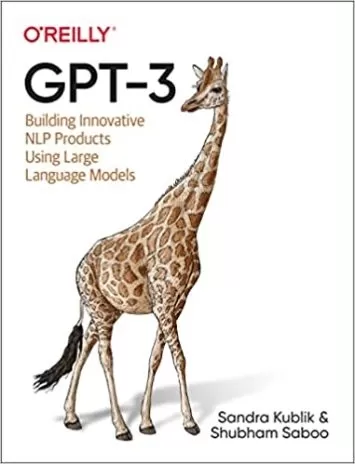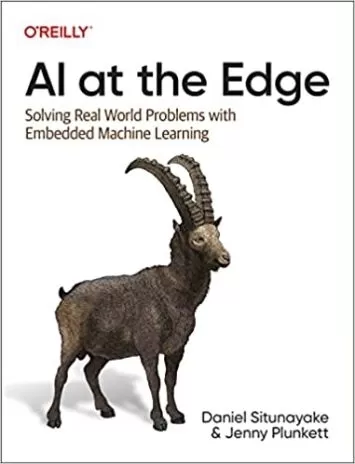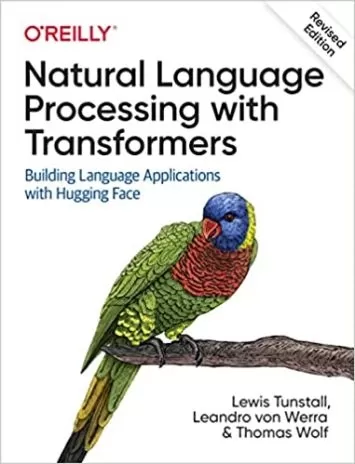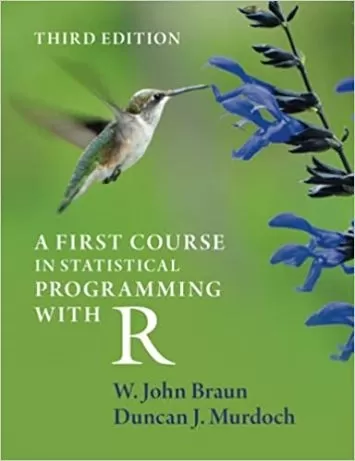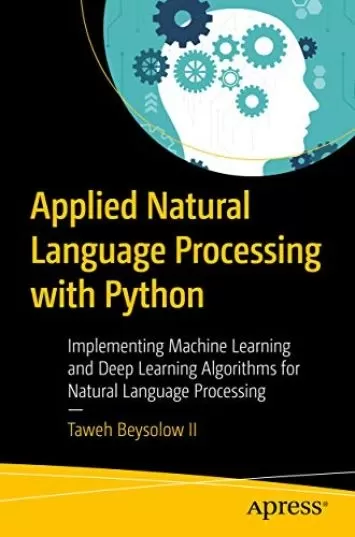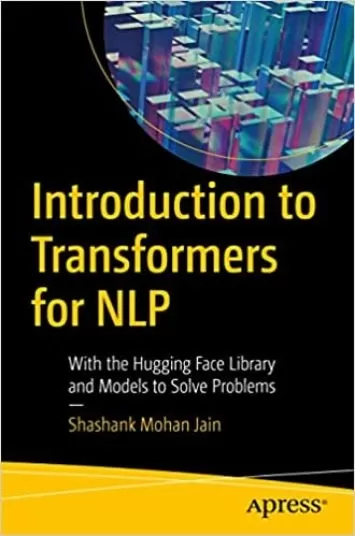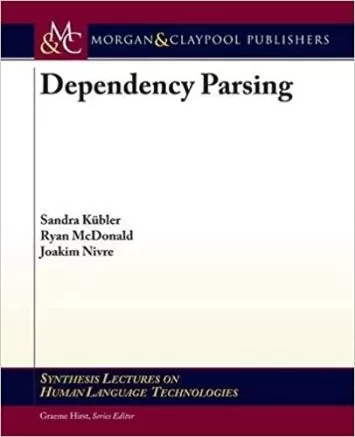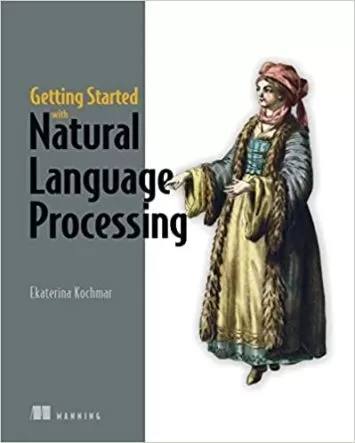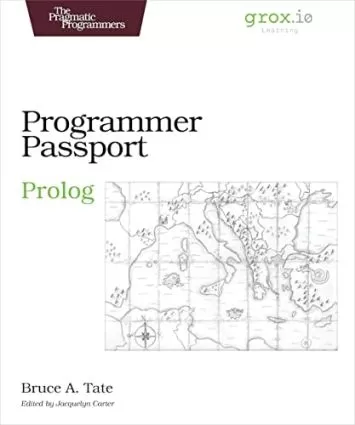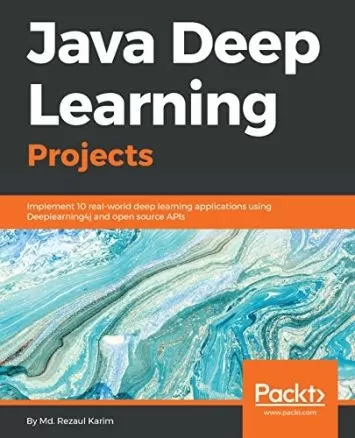About Natural Language ProcessingLearn More
Natural language processing technology (NLP) is a branch of artificial intelligence in which computers analyze, understand and interpret the meaning of human language in an intelligent and practical way. Using NLP, programmers can organize and structure their knowledge to perform tasks such as automatic summarization, translation, named entity recognition, relationship extraction, sentiment analysis, speech recognition, and topic segmentation.
Sort by:
Sorting
The newest
Most visited
Course time
Subtitle
Filtering
Courses
Subtitle
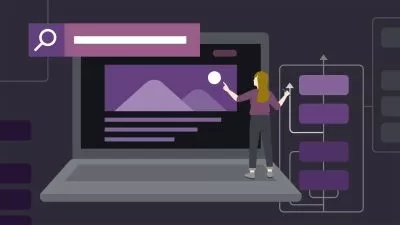
Linkedin Learning


Jonathan Fernandes
Large Language Models: Text Classification for NLP using BERT 1:01:18
English subtitles
02/13/2025
Subtitle
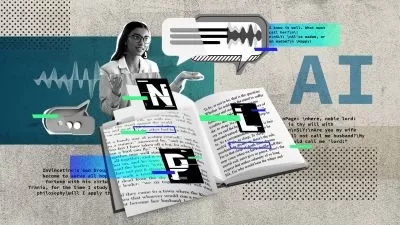
Linkedin Learning


Wuraola Oyewusi
Natural Language Processing for Speech and Text: From Beginner to Advanced 2:00:04
English subtitles
12/23/2024
Subtitle
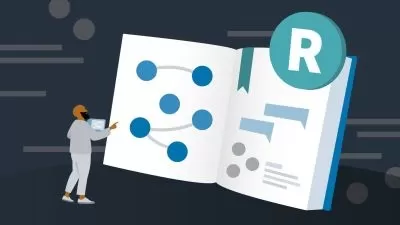
Linkedin Learning


Mark Niemann-Ross
Complete Guide to NLP with R 5:04:35
English subtitles
11/25/2024

Udemy


Bharath Thippireddy
Langchain for beginners : Build GenAI LLM Apps in Easy Steps 3:18:32
09/11/2024
Subtitle

Pluralsight


Alper Tellioglu
Mastering Natural Language Processing (NLP) with Deep Learning 41:40
English subtitles
08/31/2024
Subtitle

Udemy


Martin Jocqueviel
Learn BERT - essential NLP algorithm by Google 5:25:59
English subtitles
06/18/2024
Subtitle

Linkedin Learning


Ray Villalobos
The State of Generative AI: Images, Prompting, and Language Models 14:36
English subtitles
05/19/2024
Subtitle
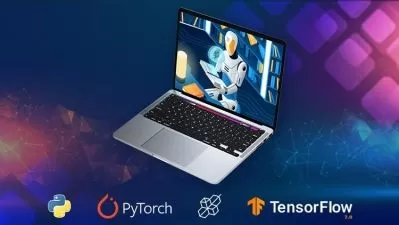
Udemy


AI Sciences
NLP-Natural Language Processing in Python(Theory & Projects) 23:31:16
English subtitles
05/11/2024
Subtitle
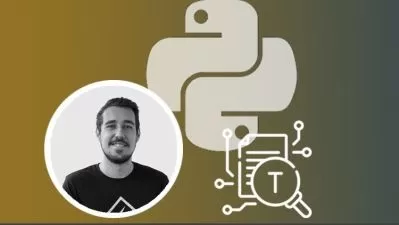
Udemy


Ivo Bernardo
Natural Language Processing Bootcamp in Python 18:05:59
English subtitles
05/07/2024
Books
Frequently asked questions about Natural Language Processing
Natural Language Processing (NLP) is a computer science field concerned with giving computers the ability to understand written and spoken human language. NLP combines aspects of linguistics, computer science, and artificial intelligence with large datasets of natural language to train computers to process spoken word and text input just as humans would. With NLP, computers are trained to interpret not only words and sentences but also tone and sentiment. That way, they can respond appropriately to a wide range of spoken and written input.
Natural Language Processing enables computers to handle a wide range of everyday tasks quickly, reliably, and at scale. NLP is behind many popular applications people use every day, such as virtual assistants (e.g., Apple's Siri and Amazon's Alexa) and writing aids (e.g., autofill applications, grammar checkers, and translation programs). NLP also enables chatbots for customer service and powers speech-to-text and text-to-speech software for the visually impaired. With NLP, computers can quickly analyze large datasets for both content and sentiment, which provides key insights for marketing, customer service, and a wide range of other applications.
NLP specialists, often called NLP engineers, are computer specialists who work across many different industries to design and develop systems that understand and respond to human language input. Before learning Natural Language Processing, it's helpful to have basic skills in computer sciences, such as coding, and a working knowledge of programming languages like Python. Understanding some machine learning and database management concepts can also provide a solid foundation for learning Natural Language Processing. It can also help to know a little about linguistics – the study of how language works.







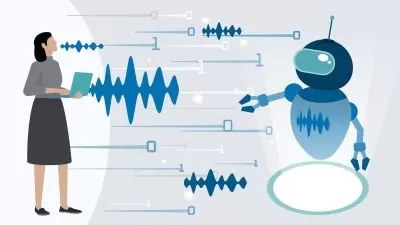





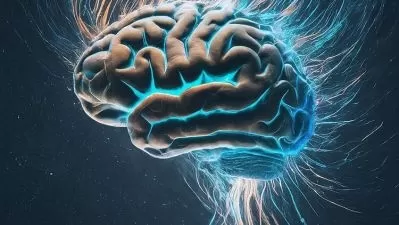



![Introduction to Natural Language Processing in Python [2024]](https://traininghub.ir/image/course_pic/36695-x225.webp)


